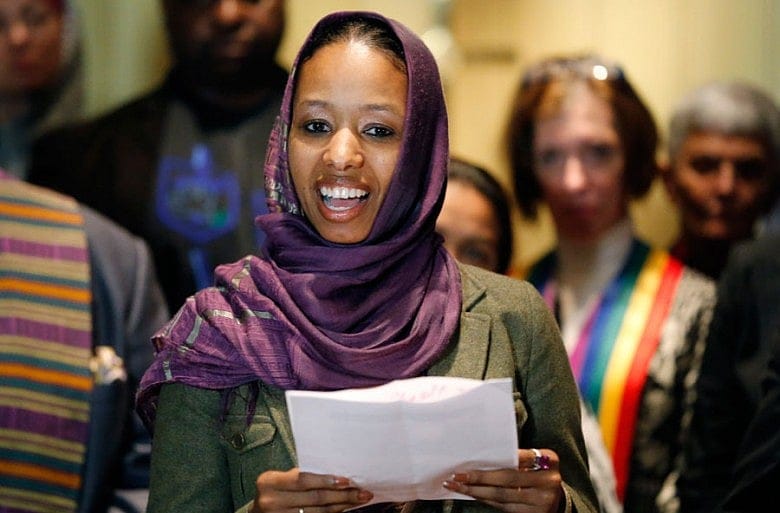Wheaton College and religious freedom

Wheaton College is a Christian university located in Wheaton, Ill. On Dec. 15, Wheaton's administration placed Dr. Larycia Hawkins, one of its tenured political science professors, on paid administrative leave.
According to Wheaton's official statement, Hawkins's suspension is intended to give the University "more time to explore theological implications of her recent public statements concerning Christianity and Islam." The public statements at issue are statements Hawkins posted on Facebook on Dec. 10.

